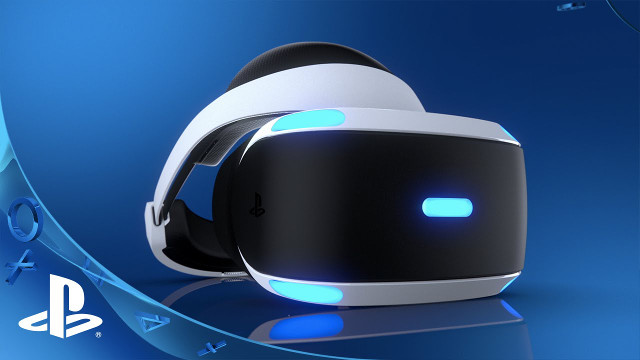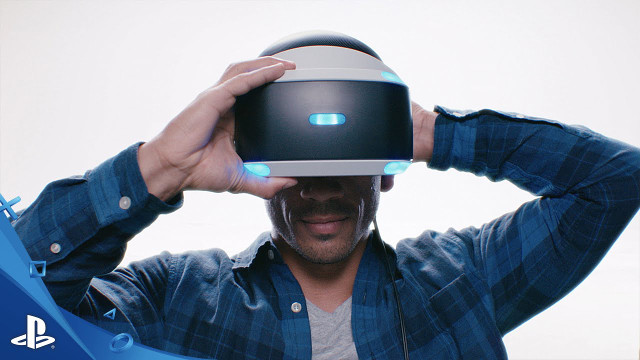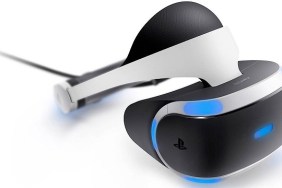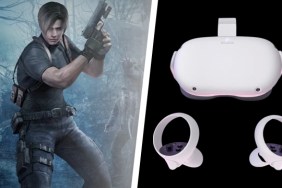As the story goes, Sony was expecting to sell a whopping 2.6 million PSVR units this year. Sound like a lot? It is.
Despite this optimistic forecast, the virtual reality headset is on trajectory to sell 750,000 units by the end of 2016. That's more than 1.5 million short of its projection. In other words, bad news. So what happened?
If you've been following the world of VR you're likely familiar with how much it's struggling to catch on. The Oculus Rift is estimated to have sold somewhere between 350,000 to 400,000 units so far, while the HTC Vive is in the neighborhood of 250,000 units. Both of these headsets had the benefit of not only offering superior experiences, but being the first consumer grade VR headsets, beating the PSVR to market by more than six months.
Though, they were also much more expensive, and required high-end gaming PCs to utilize during their early days—it has since gotten a lot better thanks to drivers and software optimization. It was safe for Sony to assume it would outperform both, although by how much was difficult to estimate.
What Sony seemed to be expecting is for consumers to stop all that they were doing, including saving, and run out to buy a $400+ device that promised next-generation experiences. Although a record number of people did go out and buy the headset, that was only in the context of the VR space; it was no 2.6 million.

The main struggles of the PSVR headset closely resemble its competition. Minor technical issues (i.e. tracking issues) have defeated the enthusiasm of some consumers, while most have been completely unimpressed by its small and expensive software library.
These issues won't go anywhere anytime soon, but what Sony can do is continue to optimize the manufacturing process to eventually ship a more affordable headset. When this happens, its marketability will benefit tremendously.
Right now, the PSVR is an odd-duck. Like the PlayStation Move, it's a mid-generation peripheral that doesn't offer a ton of value. As with its competition, sales will likely slow down in the coming months rather than speed up, especially as consumers continue to be challenged to make a decision between it and Sony's new $400 PS4 Pro.
What the underperformance means for Sony and VR is yet to be made clear, but when all things are considered it isn't so bad that over a million VR headsets are now in the hands of consumers. The last year wasn't the real test for the technology anyway. It's what happens during the next two years as the buzz wears off but prices come down that the path will begin to present itself. Hopefully things make a turn for the better.








